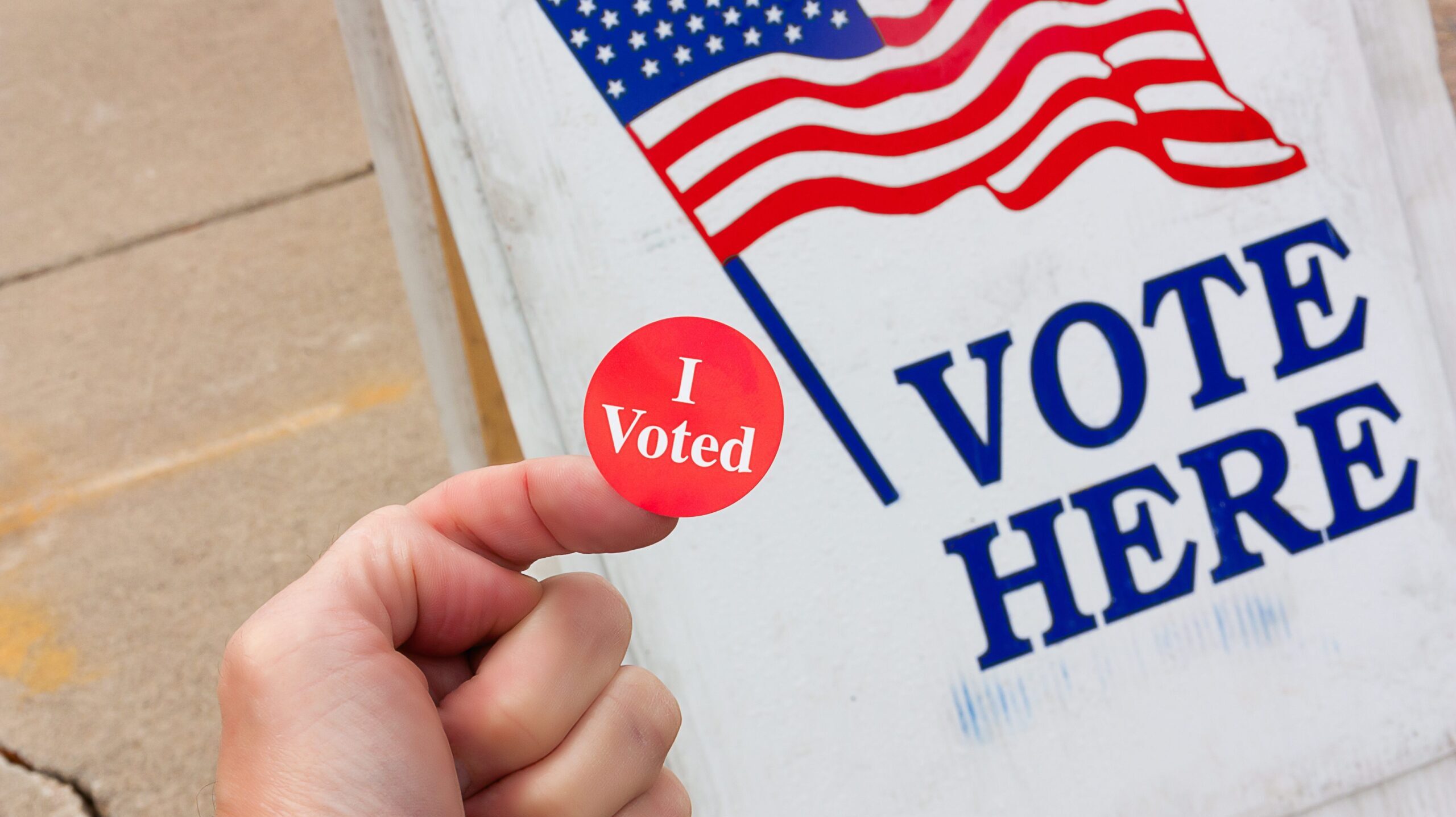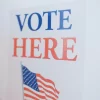U.S. Sen. Doug Jones, D-Alabama, is co-sponsoring sweeping reform legislation that is intended to strengthen democracy in the United States by removing barriers to voting, reigning in the influence of money in politics and ensuring public officials work for the public interest.
The legislation is being called the For the People Act.
If passed, the bill would expand access to the ballot box by removing institutional barriers to voting. Those include overly cumbersome registration systems and limited voting hours.
The bill would also create a nationwide automatic voter registration system and ensure that individuals who have completed felony sentences have their full rights restored. It would expand voting by mail and promote early voting and online voter registration.
“We should be making it easier for eligible Americans to vote, not harder,” Jones said. “Voting is a fundamental tenet of our democracy, and too often, folks in power want to make it more difficult to fulfill this civic duty.”
The measure would reaffirm Congress’ commitment to the Voting Rights Act, prohibit voter roll purges like those in Ohio and Georgia and ensure that discriminatory voter ID laws do not prevent voting access.
Perhaps most notably, the bill aims to end partisan gerrymandering.
“The For the People Act would not only help expand access to the ballot box, it would restore ethics and integrity to our political system by tackling the lack of transparency around dark money in politics and addressing the disproportionate influence of special interests in Washington,” Jones said.
After questions about Russian influence during U.S. elections in 2016 and 2018, the bill aims to create a national strategy to protect democratic institutions, increase oversight over election vendors and enhance federal support for state voting system security upgrades, including paper ballot voting systems.
Companion legislation, HR1, passed the U.S. House of Representatives earlier this year.
The bill aims to shed light on the influence of so-called dark money in politics by guaranteeing disclosure, empowering citizens and strengthening oversight. It would fortify ethics laws and impose greater ethics enforcement.




















































